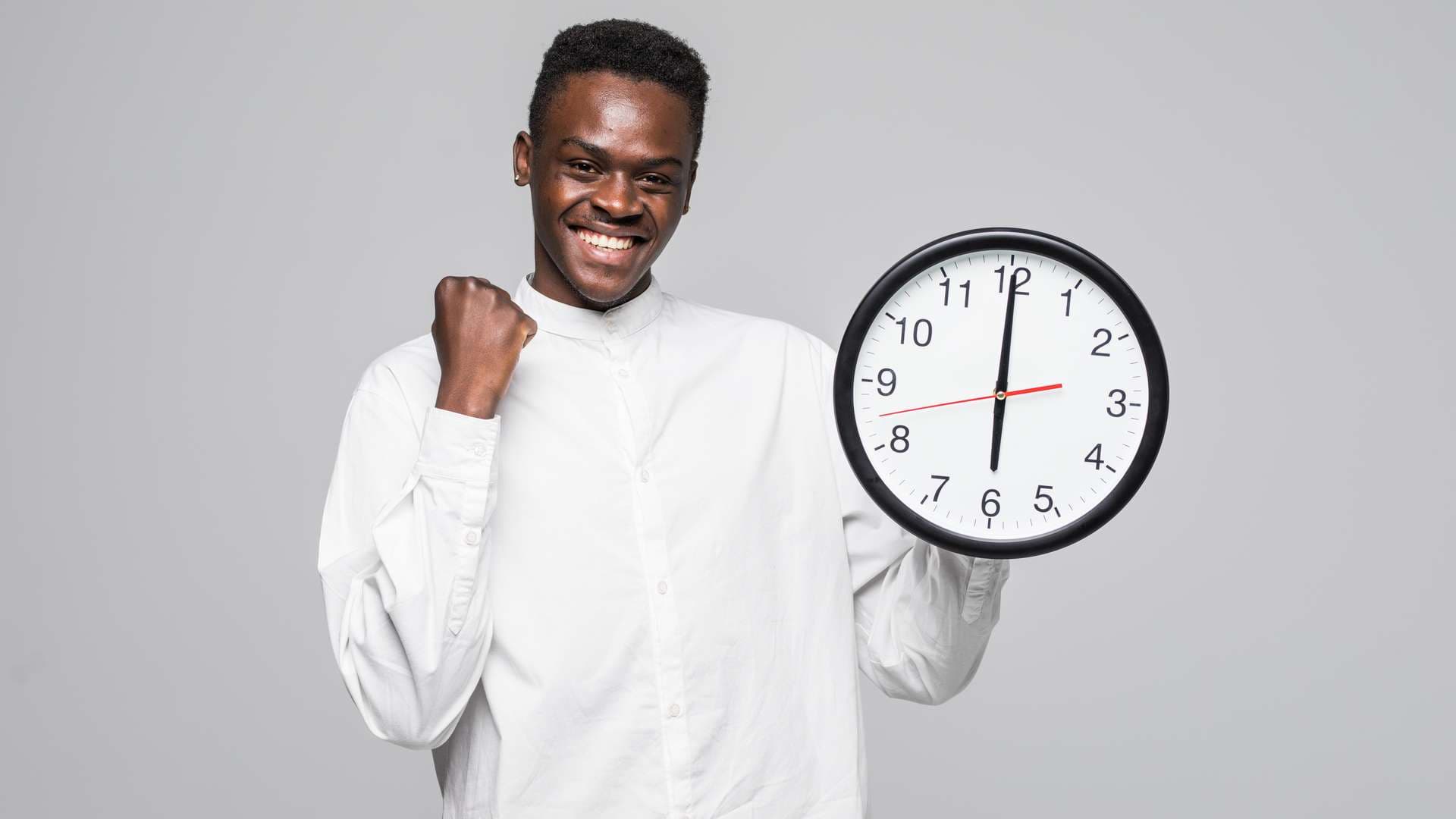Ultrasound scans use sound waves to build a picture of the baby in the womb. The scans are painless, have no known side effects on mothers or babies, and can be carried out at any stage of pregnancy.
Having a scan in pregnancy is usually a happy event, but be aware that ultrasound scans may detect some serious health conditions.
Most scans are carried out by sonographers. You'll be asked to lie on your back and reveal your tummy. The sonographer will put ultrasound gel on your tummy, which makes sure there is good contact between the machine and your skin.
The sonographer passes a probe over your tummy and a picture of the baby will appear on the ultrasound screen. The sonographer may need to apply slight pressure on your tummy to get the best views of the baby.
An ultrasound scan can be used to:
- check your baby's size – at the 12-week dating scan, your due date, may be adjusted according to the ultrasound measurements
- check whether you're having more than 1 baby
- detect some physical conditions
- show the position of your baby and the placenta – for example, when the placenta is low down in late pregnancy, a caesarean section may be advised
- check that the baby is growing normally – this is particularly important if you're carrying twins, or you've had problems in this pregnancy or a previous pregnancy
Most scans show that the baby is developing normally and no problems are found. This is because most babies are healthy.
If the scan shows your baby is more likely to have a condition, the sonographer may ask for a second opinion from another member of staff. You might be offered another test to find out for certain if your baby has the condition.
If you want to find out the sex of your baby, you may be able to during the 20-week screening scan but this depends on the policy of your hospital. Be aware, though, that it's not possible for the sonographer to be 100% certain about your baby's sex.
https://www.nhs.uk/pregnancy/your-pregnancy-care/ultrasound-scans/



